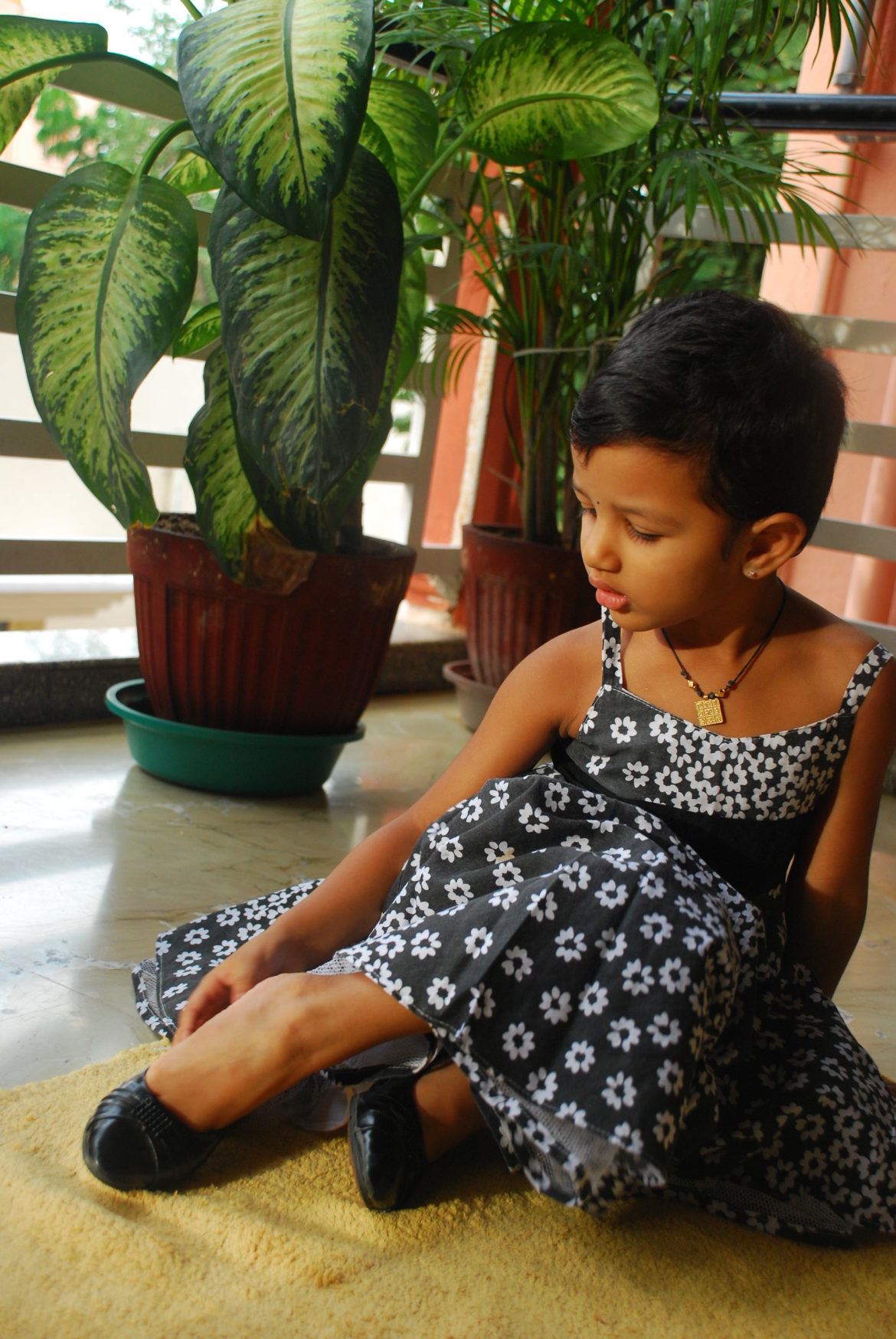Sensitive Period for Order
The cry of my 2 ½ years old niece welcomed me as I entered my mother’s house. She was trying to keep her teddy bear in a particular fashion on a chair and resisted the help offered by her mother and others. She was not happy with the positions she tried. She was getting upset but did not give up. It appeared as though she was instructed by someone to achieve perfection. She continued trying to achieve the perfect order of the teddy bear on the chair. Once achieved, she was so happy that she showed her work proudly to all.
This reminded me of my daughter at two years. One day she had just returned from her play-home. I was in the kitchen, suddenly, heard her cry. I rushed to see her crying near the shoe rack with shoes scattered all around. My efforts at keeping her calm were in vain. Not knowing the reason for her irritation, I stood helpless, staring at her. Ignoring my presence, she started arranging the shoes on the shelf, sobbing. She did not bother about her hunger or afternoon nap. She was so much involved in her work that it appeared as though some inner urge drove her. After completion, I noticed her going through some divine happiness.
In the first incident, my niece had internalised a particular order of teddy bears on a chair. In the second incident, my daughter had internalised the order of shoes in the shoe rack. When that order was disturbed, my niece and daughter got upset. And they were not fine until they restored that order. This is because, at 2 ½ years, the children are going through a Sensitive Period for Order phase. At that age, they seem to be sensitive to the outer order and internalise. If that order is disturbed, children become restless. Once the children cross three years, they do not seem bothered by the “Order” much because they are no more sensitive to the order.
Dr Maria Montessori, talking about order, narrates “Hide and Seek” with the children of 3 years. While playing “Hide and Find”, the children hide behind something. When you approach, they squeal with joy and do not make any effort to conceal. Then they, again and again, hide at the same place. Then they ask you to hide and show you where to hide too. Despite knowing very well where you have hidden, they will come and find you. Dr Maria Montessori says that the children seem to enjoy finding the objects, persons, in their right and accustomed place. The whole idea of the game is not hiding a person or thing but seeing it return every time to its proper place and the joy of finding it there.
Order is the most significant need of life for the child. When that order is disturbed, he gets upset and becomes impulsive. He protests to rebuild the order. Though it appears to us mere tantrums, they are his “mode of defence” as the child is developing and constructing himself from the elements present in the environment. He needs to have order and stability in his environment. From the beginning, he is receiving the impressions, and he has a huge store of images. The stability of order of things lays a foundation for further collection of images and supports him. This is nature’s way of making the child adapt to the universal order.
Thus the order lays a strong foundation for the construction of the “mind” in the children. We need to help the children by preserving the order and stability of the environment and by maintaining a general rhythm in their lives, as far as possible. Dr Maria Montessori gives a few simple ideas to help children through the Sensitive Period for Order:
- Taking children for daily walks by the same route each day, helps the child to learn to recognize the landmarks with great joy, and allowing children to pay attention for the objects they are interested in.
- Not changing the place of things in the environment
- Providing a place for everything and keeping everything in its place.
The order and stability in the environment give children the confidence that everything returns to its accustomed place, calms them down and make them happy. As the sensitive period of order becomes calmer, their reactions to disorder become less violent and disturbing. Thus the foundation for a beautiful childhood!

